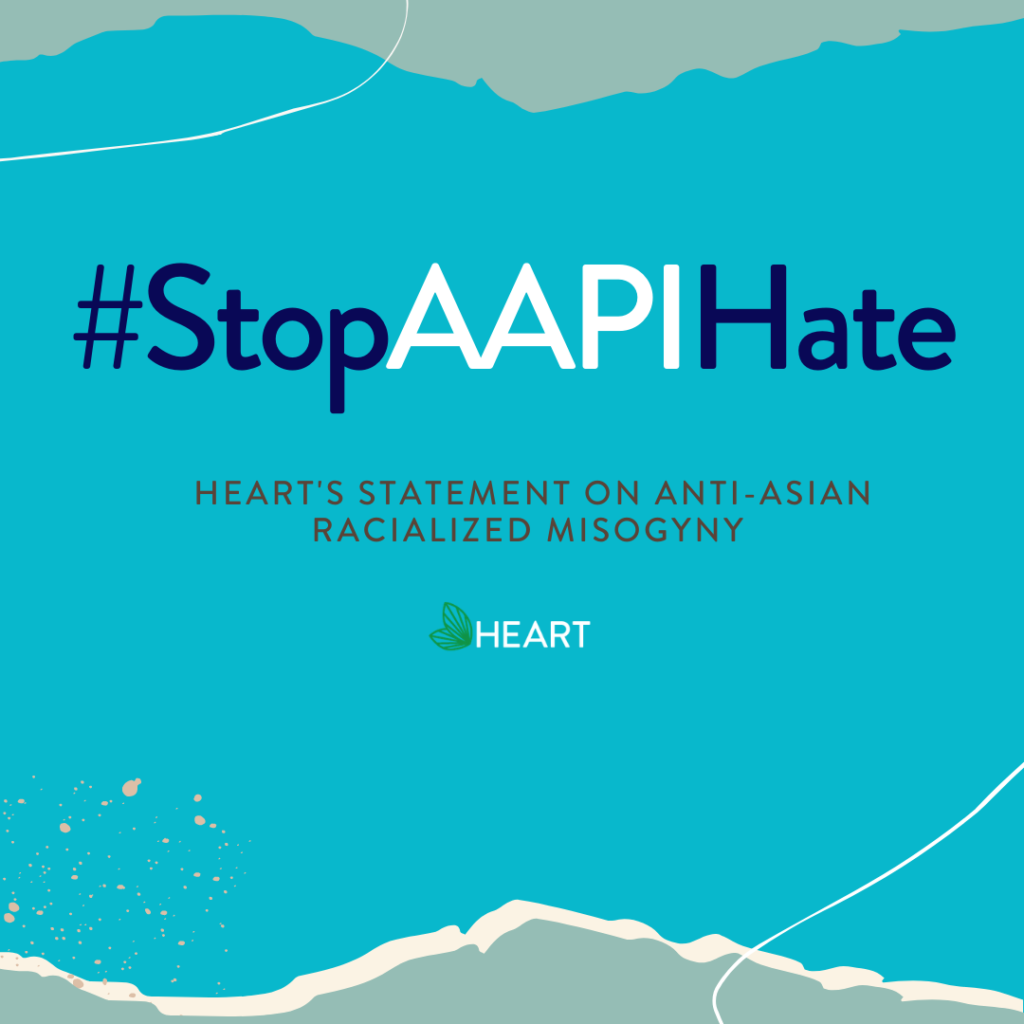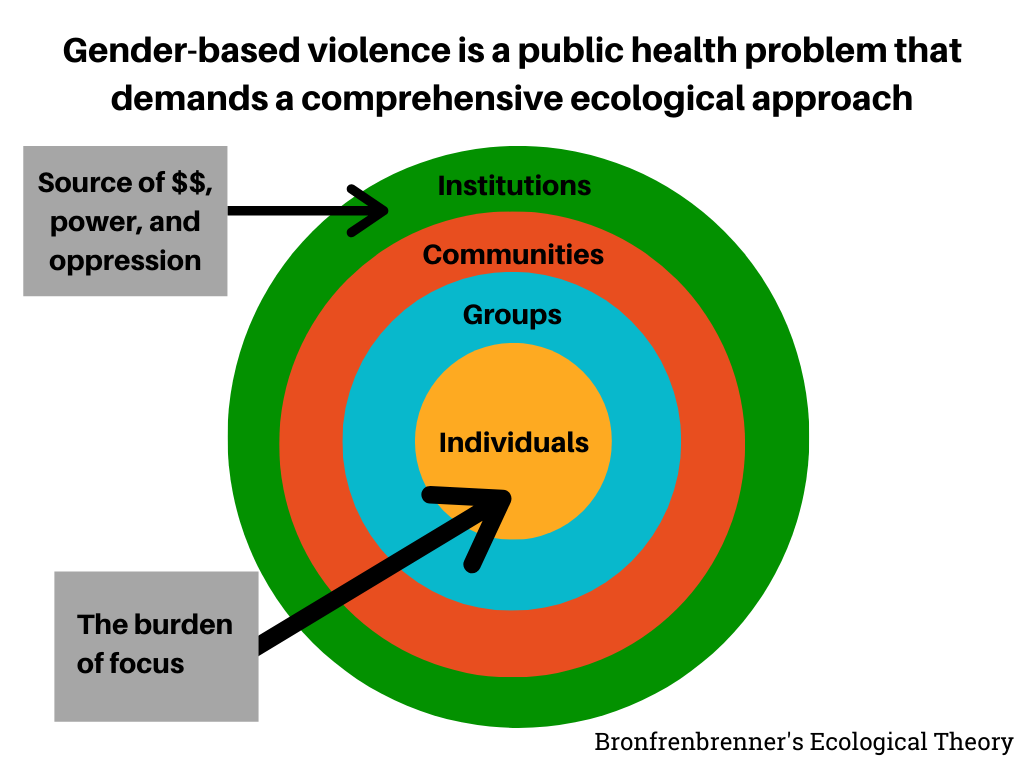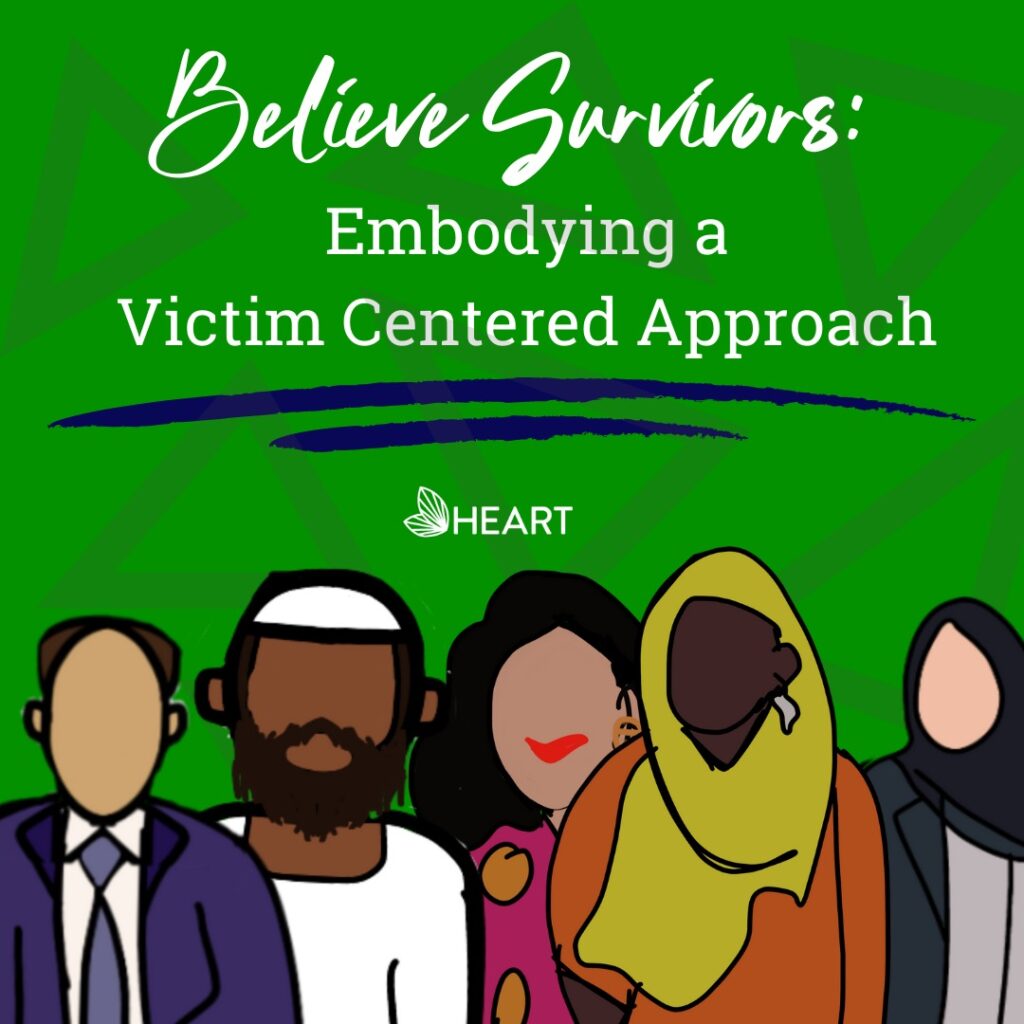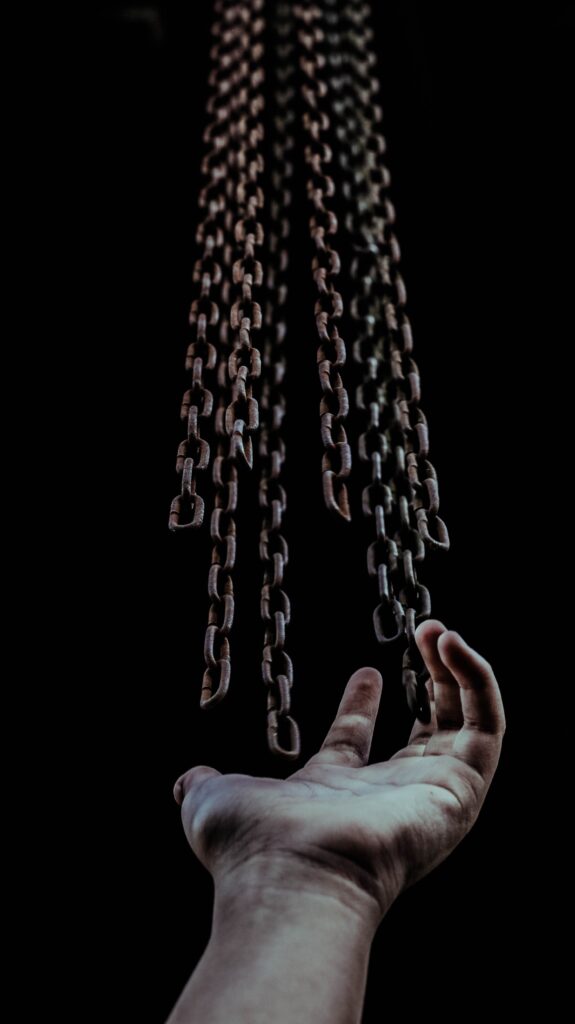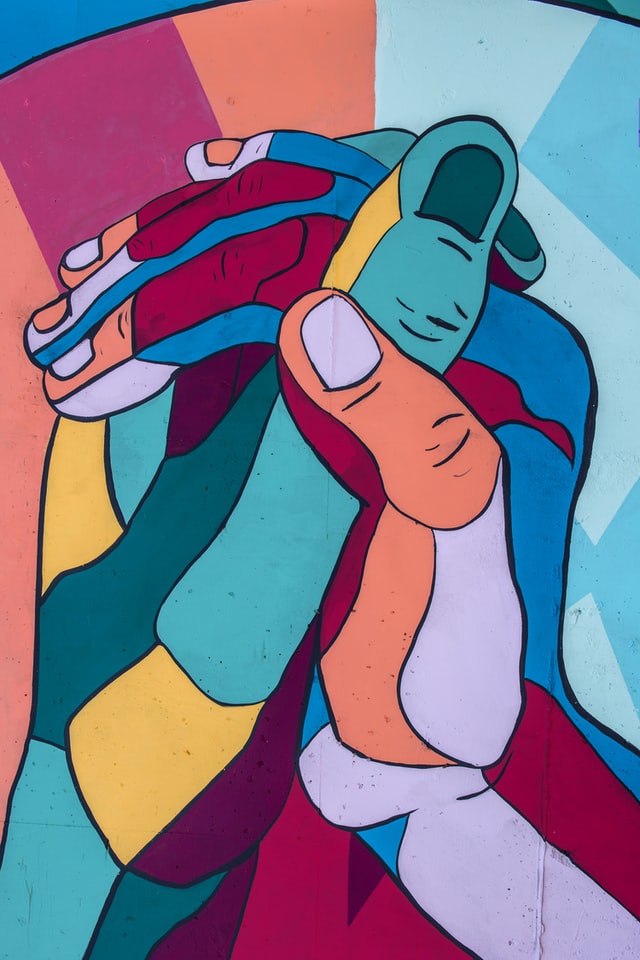
by Kiran Waqar
How has resilience shown up for you as a positive force? How has the concept of resilience been used to further marginalize our communities?
If I’m going to be honest, this prompt is hard for me to answer. On first thought, I can think of a million ways resilience hurts our communities. I think about how “resilience” has been individualized to mean “to get through it on your own.” I think about how marginalized communities have to be “resilient” while others get to simply just exist. And I think about how ideas of “resilience,” “strength,” and “perseverance” have been used to justify systemic oppression.
It’s easy for me to think about the ways the concept of resilience gaslights, erases, and normalizes violence. I’ve learned to understand “resilience” in binaries. You’re either resilient or you’re not; and if you’re not, you should be. In many ways, ‘resilience’ is used to shame us; that rest and resilience are incompatible. We’re taught that if you work hard enough and are resilient enough,that you, too, can make it. If you ask me, it sounds like a badly packaged myth of American meritocracy. So to that “resilience,” I say an astounding ‘no thanks.’
But when I think about when I’ve felt resilient and how I’ve seen resiliency in our Islamic traditions, it feels different. I think about all the times I’ve trusted myself; when I’ve listened to my mind, body, and soul before the messages of capitalism, heteropatriarchy, or white supremacy. I think about the moments I’ve felt whole and present. It is in those moments that I feel resilient. I think about the Prophet Muhammed (SAW) and his resilience in practicing Islam. Or the resilience that organizers embody when they center hope and love while dealing with violence every single day. I think about my own resilience in all the moments only Allah (SWT) knows of. I see resilience in community, in each other, and in myself.
Resilience is powerful. It has the ability to inspire and ground us. It’s what allows us to keep on going when things are hard. It’s what gets us to make our beds, brush our teeth, fold our clothes, comb our hair, cut our nails, eat our breakfasts, call our loved ones, and be alive when it feels like the world is against us. It’s what lets us find joy in the changing of seasons and how we go sunrise to sunset without food or water. Resilience is what keeps us here. It’s how we find hope.
And that’s why it’s so painful that resilience has been turned into a tool of shame. This Ramadan, I’m reflecting on how to reclaim resilience. As we go the whole day without sustenance, how can we broaden the way we think about resilience? How can we think of resilience in our own life? How do we celebrate our own resilience without comparing our journeys to others? For far too long, resilience has been understood as “tireless leaders” and “strong communities.” But priding leaders and communities for being ‘tireless’ and ‘strong’ ignores the reasons why they’re robbed of being restful.
It’s time to reclaim the word resilience. Resilience can mean a million different things to each one of us. As we begin the most spiritual time of year, how can we continue to lean into more expansive and faith inspired definitions of resilience?
